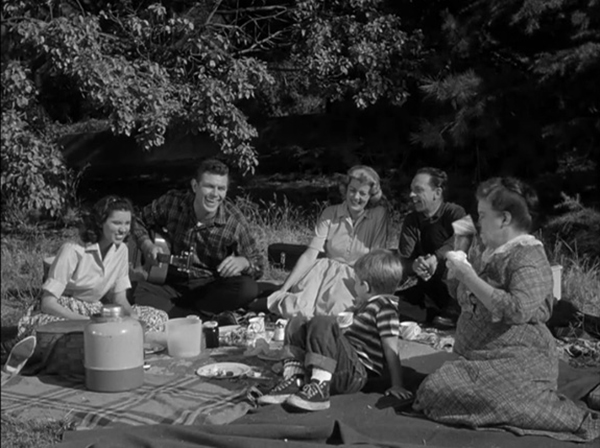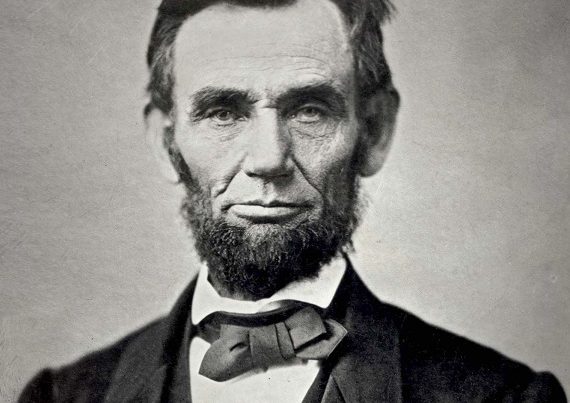It’s hard to believe, but John Shelton Reed’s classic sociological study The Enduring South was first published a half century ago. I long ago gave my copy to a student, but, as I remember, Reed’s findings pointed to a persistent identification of a great many people as Southerners by use of various opinion surveys.
Persistent peculiar Southern aspects of behaviour were noted by Reed in three areas that differed quantitatively if not qualitatively from the “American” norm. 1)Significantly higher Christian orthodoxy, even higher than in Northern Catholic areas. 2) A more family and locally centered attention and set of values. (For instance, Southerners were more likely to name children after family members than celebrities, and remembered the War between the States as family history rather than a phony abstract theory about freeing slaves.) 3) A different dividing line between the personal and the public. (Southerners were more likely to deal with an affront in person instead of calling the police and less likely to justify interfering with other people’s family and business.)
A new set of sociologists, Christopher A. Cooper and H. Gibbs Knox, have taken on Reed’s question in The Resilience of Southern Identity: Why the South Still Matters in the Minds of Its People (University of North Carolina Press, 2017).
The good news is that self-identification as Southern is still very powerful. Interestingly, it has even increased some lately, especially among the younger and better educated and among African Americans. These scholars lack Reed’s literary charm and somewhat sympathetic feelings toward Southerners, but they have done their counting well. They conclude that despite all the vast changes in Southern society in the last half century, “residents of the Southern states are at least as likely to proclaim their southern identity as they have ever been.”
This is interesting news, especially for those of us who can remember the 70s when celebrated liberal intellectuals declared that with the end of segregation the South would soon be an unlamented thing of the past.
As contemporary professors, the authors are of course anxious to declare their freedom from the South with its evil history so different from that of the righteous American mainstream: “It is important to emphasize that this is not, and was never meant to be, a book celebrating the South.” There is, they avow, a “dark side of Southern identity” that fosters reprehensible negative attitudes.
They have made a random sampling of interviews that confirm their numbers but the authors fall short of adequately answering their declared question of “Why.” They find that the increased acquaintance of Southerners (including African Americans) and Northerners has something to do with it. They quote a Southern lady who explains that “being a southerner means not being a northerner.” An undeveloped insight here: maybe a lot of people think that some Yankees are not very likable people.
It is probably beyond their sociological brief, but the authors of The Resilience of Southern Identity only scrape the surface. They are unaware of the resilience of Southern music and literature that represents a lot more than statistics. They have never heard of Donald Livingston and the Abbeville Institute, nor of various other intelligent and serious stirrings that make us still a people.







Interesting, Dr Wilson. I do believe the tide may be turning, my position supported from having lunch last week with a few of our state’s politicians (one in a very important position). Granted, the political scene is never simple and takes effort (calls, emails, etc.) – cautious optimism for gains is a wise tack for this ship.
The defense of and endurance of the south’s values matters more than people think not only to our state but to the nation, especially in these days of societal chaos, mental illness/gender confusion, Marxism and moral decay; all of which are sadly promoted on a daily basis by Washington DC politicians, “American” companies, our northern and left coast counterparts and even by a few scalawags in our own region.
Lincon’s union needs southern values (with God FIRST at the helm) and ideals for its survival, not vice versa. I tend to believe the south could survive and thrive on its own, while the north would likely spiral into deeper moral and fiscal decay – and without southerners signing up to fight their speculative global wars, their empire would be relegated to 2nd rate territory.
The fact is: we are resilient, we are still here, we are not going anywhere, and the odds have never mattered to a real southerner.
Prayers that the tide will change for the country but if the nation falls, may we salvage our own. God save the South!
These types of “scholars” have never, and never will understand why Beowulf went into the lake after Grendel’s mother.
I have an article that I hesitate to publish ~ or more to the point, TRY to publish ~ because it addresses the issue of race and why so many things feared by the people of the antebellum South proved true then AND now. I also have first hand knowledge of what happened when “reconstruction” racial dynamics was reestablished during and after the “civil rights” movement. Worse, as race became the weapon of choice by communists in the 40s, 50s and 60s and has now become the thrust of their current attack in this century, we have seen the American people INCLUDING blacks become the target of people who seem not to be able to act and live in a manner conducive to a civilized society.
Fueled by the three great “Es” ~ Envy, Entitlement and Evil ~ our culture is more in keeping with roaming savage populations than with the civilization that has taken man from the cave to the stars. Sadly, so many good people ~ and especially WHITE people! ~ fear to speak the truth because they know they will be pilloried with the use of Trotsky’s famous linguistic invention, the word “racist.” This word never existed before Trotsky’s book in the 1930s but now it is the battle cry of ignorance and violence. Indeed, the South was right to fear the outcome of a war not against chattel slavery, but against civilization itself.
In the 1970s I attended flight school in Alabama for a year. Other than that one year, prior to 1984 I lived my entire life in northern and western states. At the end of this month I will have lived in South Carolina for 39 years, more than half my life. After all that time I still do not consider myself a “Southerner.” In my heart I will always be a Midwesterner from a rural Illinois town where I was raised ( and which no longer exists). I do, though, consider myself a “ruralist” after having lived and worked these 39 years in the rural districts of South Carolina. Perhaps not so strangely and perhaps because I have lived in the rural South for so long, as each year passes I find myself identifying as a man of the South. Maybe I identify as a man of the South because I want to identify as an American of my Midwestern youth and the rural South is the only area in the country where I can do that now. I know this: when I encounter a new refugee from a hell hole northern state my first inclination is to order him to go back to from where he came.